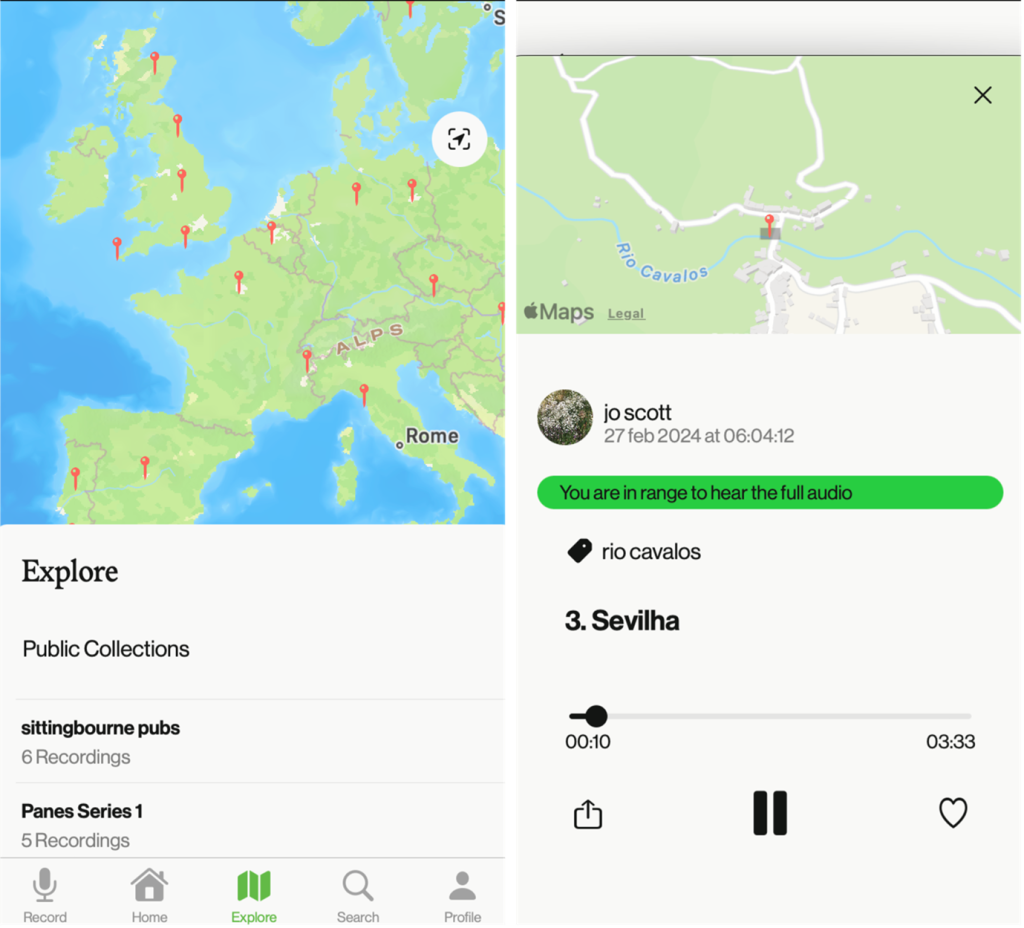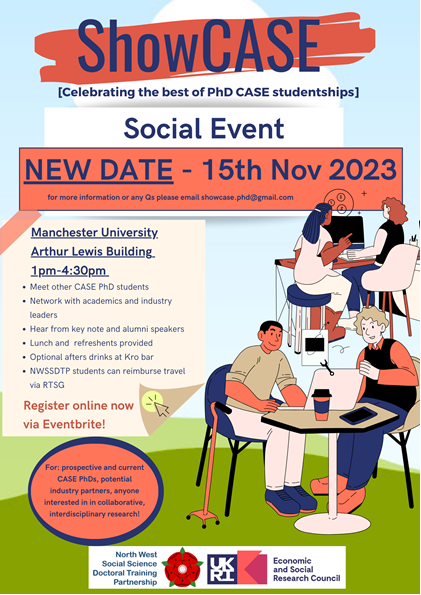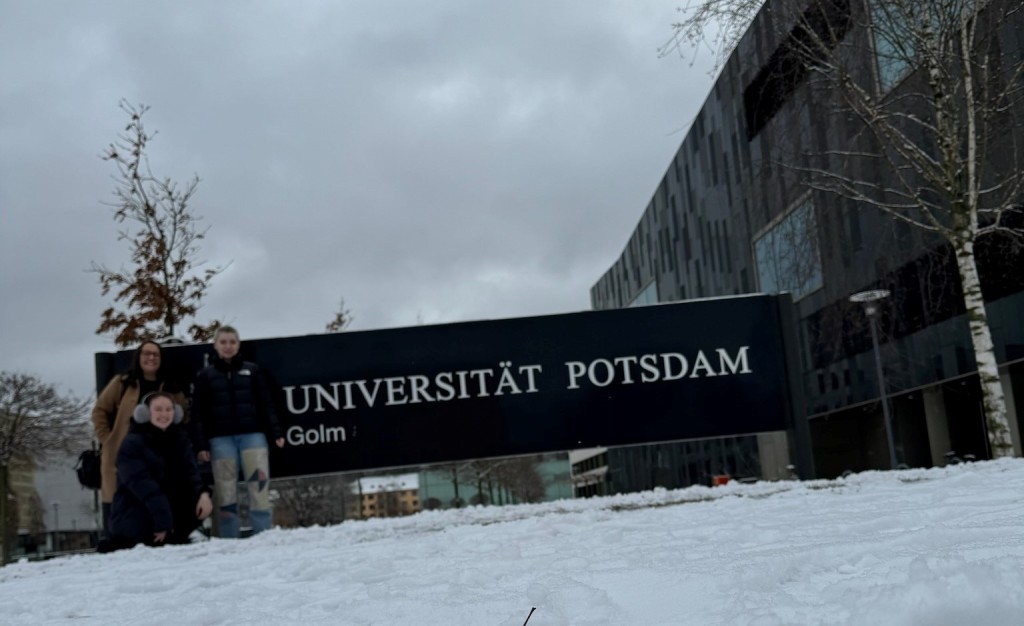
AudioSpaces. Taking my research interests outside of academia, and an invitation to get involved.

Dylan Bradbury, Language Based Area Studies, Manchester (2020 Cohort)
Now well into the third year of my studentship, I’m starting to think about life outside the PhD and ways to continue on with my area of research. That sometimes-vague demand for a tangible ‘impact factor’ has also begun to nag at me a bit more with each passing week. My PhD thesis looks at the ways in which different practices of listening, recording and otherwise dealing with sound have shaped the politics of Indigenous identity in central and southern Argentina. Part of this has meant engaging with the fields of Cultural and Sound Studies in order to work out how to approach the links between sound, politics and identity. Having all this time to study ‘theory’ has been a real pleasure, but the question for me is how do I now start to bring these quite abstract concerns outside of my own convoluted university project?
Read MoreAutism Acceptance Event – Lancaster University, April 2024
Tiegan Blackhurst, Psychology, Lancaster University (2023 Cohort)
To honour Autism Acceptance Week, in April I organised an event to celebrate neurodiversity at Lancaster University (after organising this event I have a whole new appreciation for event planners… wow it’s a lot of work!. At first the task seemed quite daunting as I had an idea of what I wanted to do but was not sure how to make it a reality. The plan was to have a resources and services session (staff presentations about services they offer autistic students), a shared experiences session (members of the autistic community sharing their lived experiences of autism), and a research session (presentations from the psychology department about autism research at Lancaster).
Read MoreShow-CASE Social Event Blog

Over the past year, the ShowCASE team has been creating a network of CASE students across the DTP. Our monthly online seminars have seen presentations from students working with a variety of industry partners for PhD projects across a multitude of disciplines. We’ve heard talks from PhD students working with the police, Natural England, Haleon, and various brilliant small charities. In our most recent online seminar, Hannah Charles presented on her research working with a social housing partner and energy security in Manchester. You can sign up to upcoming seminars by following our twitter @ShowcasePhD, or by following our Eventbrite page.
Read MoreAttending the Speech in Noise Workshop in Beautiful Potsdam

Jessica Andrew, Psychology, Lancaster University (2022 Cohort)
Entering this new term, I had the opportunity to embark on my first academic adventure overseas. Myself and colleagues visited Potsdam in Germany and were fortunate enough to attend both workshop and lab environments.
Read More North West Social Science Doctoral Training Partnership
North West Social Science Doctoral Training Partnership